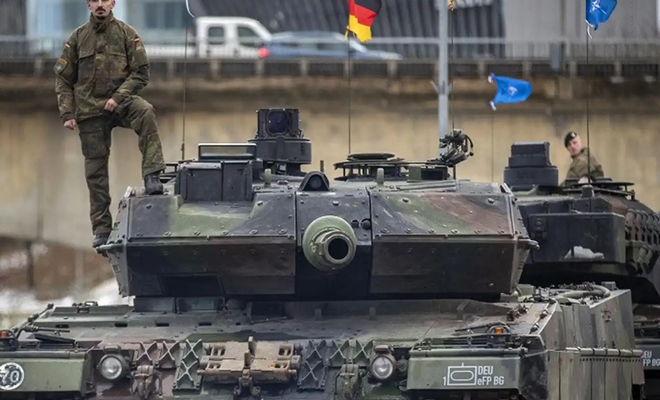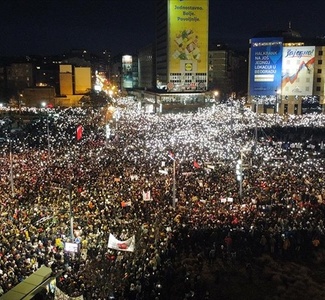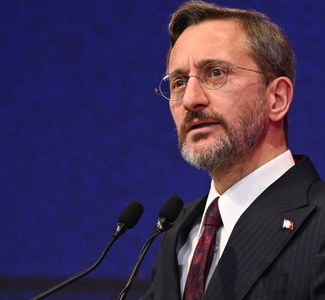Poland joins 'military Schengen' initiative for enhanced troop mobility in Europe
Poland has joined the "military Schengen" initiative alongside Germany and the Netherlands.

 Google News'te Doğruhaber'e abone olun.
Google News'te Doğruhaber'e abone olun. This agreement, aiming to streamline troop movement within participating states, carries significant implications for European security, Ukraine's embattled situation, and even Poland's domestic political standing.
The ink barely dry on the agreement, analysts are already dissecting its multifaceted impact. On the surface, it represents a tangible step towards smoother and faster movement of troops and equipment across borders. This enhanced mobility promises to strengthen the collective security posture of participating nations, particularly on NATO's eastern flank. The ongoing conflict in Ukraine serves as a stark reminder of the need for such agility, with the agreement facilitating swifter delivery of critical aid and potentially enabling future troop mobilization if necessary.
However, the agreement transcends mere military logistics. It carries symbolic weight as a gesture of solidarity with Ukraine, embattled against its powerful neighbor. For Poland, sharing a long border with both Russia and Belarus, the agreement resonates deeply with their own security concerns. The recent history of regional tensions makes Poland acutely aware of the ever-evolving geopolitical landscape, and "military Schengen" is seen as a crucial tool to address these challenges collectively.
Beyond external security, the agreement holds domestic significance for Poland. Following the recent change in government, "military Schengen" participation presents an opportunity to solidify Poland's position within the European Union. The previous Eurosceptic administration had strained relations with Brussels, but this new step signifies a renewed commitment to European integration and cooperation. By actively participating in initiatives like "military Schengen," Poland seeks to not only bolster its own security but also demonstrate its willingness to be a responsible and engaged member of the European community.
The "military Schengen" agreement still has details to be ironed out, but its core objectives are clear: enhanced mobility, collective security, and a united European front. While its long-term impact remains to be seen, it marks a significant chapter in European security cooperation, particularly relevant in the face of ongoing regional anxieties. For Poland, it represents not only a security boost but also a chance to rebuild its position within the European fold. As the continent navigates an uncertain future, this agreement signifies a collective step towards unity and preparedness, with Poland marching in lockstep with its European partners. (ILKHA)



















































